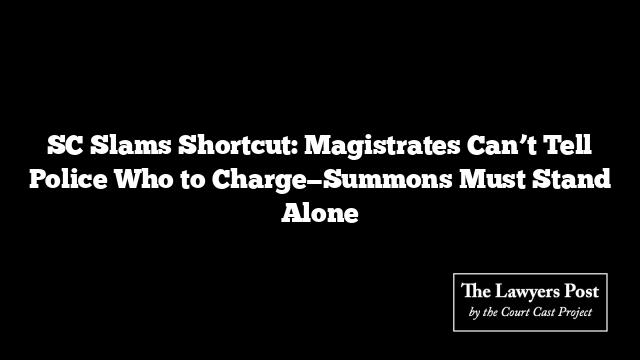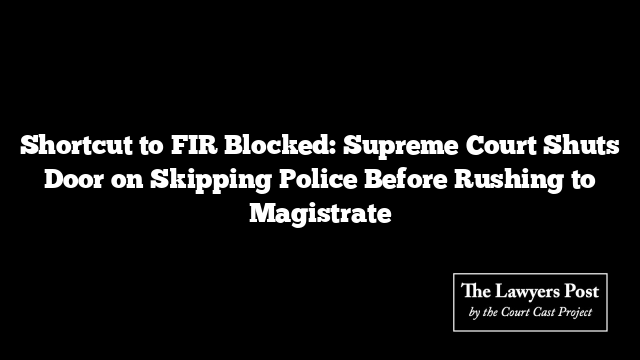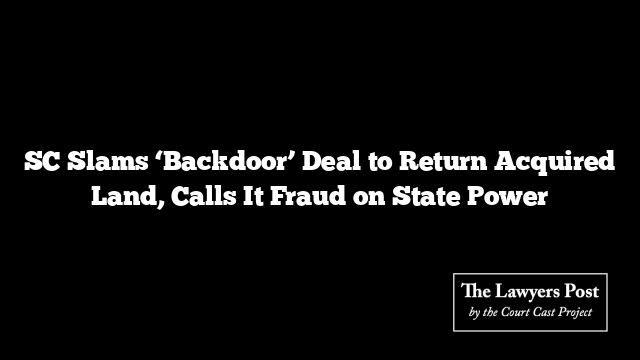In a clear message to lower courts, the Supreme Court has ruled that magistrates cannot play director in the police’s investigative script by ordering them to add names to a charge sheet. If a court believes someone should face trial but hasn’t been named by police, the proper route is not a behind-the-scenes rewrite—it’s a formal summons.
This came during a case involving a man named Gopal Pradhan, whose name had been inserted into a charge sheet not by the police’s volition, but on the magistrate’s instruction. That move, rubber-stamped by the Chhattisgarh High Court, was brought before the country’s highest bench for scrutiny.
And scrutinize they did.
The bench, comprising Justices Ahsanuddin Amanullah and Prashant Kumar Mishra, noted that while a court has every right to disagree with the police’s conclusion and take cognizance of offenses independently, it cannot overstep by directing who the police must accuse in writing. “That’s not how the process works,” the Court essentially said.
Their words were precise: A magistrate can absolutely decide to summon someone who hasn’t been listed by investigators. But the lawful method is to apply judicial mind, take cognizance, and issue summons—not scribble names into a charge sheet like it’s a guest list.
The Court acknowledged that the petitioner had a point—technically and legally. However, it also recognized that the outcome was, in the end, lawful. The man had been summoned as an accused, which the court has the power to do, just not in the way it was done here. So, even if the method was flawed, the result wasn’t.
In a nutshell: bad process, correct result. No interference required. Petition dismissed.





